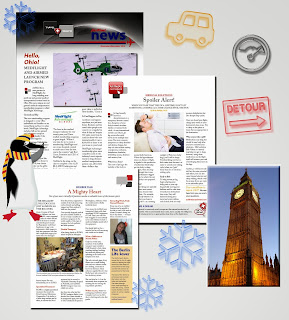While the biggest problems facing most of the thousands of spring breakers headed to the beach in the next few weeks will be hangovers and sunburn, things can happen, and kids and parents should be prepared.
Before anyone takes off for South Padre Island, Lake Havasu or Cancun, it’s a good idea to set some up some safeguards — and have a plan if something does go wrong. Communication is the first to-do on most spring break safety lists. Know when your kid is leaving, where they’re staying and who they’re going with, and ask them to check in by phone on a pre-arranged schedule.
If you are the spring breaker, have everyone program the emergency contact information for each member of your group into their phones to avoid panic and delay if something does happen.
Be insured for health emergencies
This is especially important if kids are traveling out of the United States. Many student health insurance plans will not cover injuries sustained out of the country and worse, medical evacuation is incredibly expensive, as much as $100,000 for an international airlift by jet and $50,000 domestically. You can buy both health insurance and medical evacuation insurance to cover travel health emergencies.
“We have a great product we hope you will never have to use,” says Sarah Hanley, director of corporate communications for AirMed. With one call, AirMed will dispatch a medically-equipped jet to evacuate an injured kid back home, not just to the nearest acceptable facility, from anywhere on the globe. The company also has a 24/7 medical logistics team that can give referrals, consultations and prescription assistance for sick or injured people abroad. AirMed also provides transport between domestic hospitals and specialty facilities for treatment. AirMed offers short- and long-term student, individual, and family coverage, with costs ranging from $115-$400.
Read the complete Spring Break Safety article at Moxie Lady Online.












